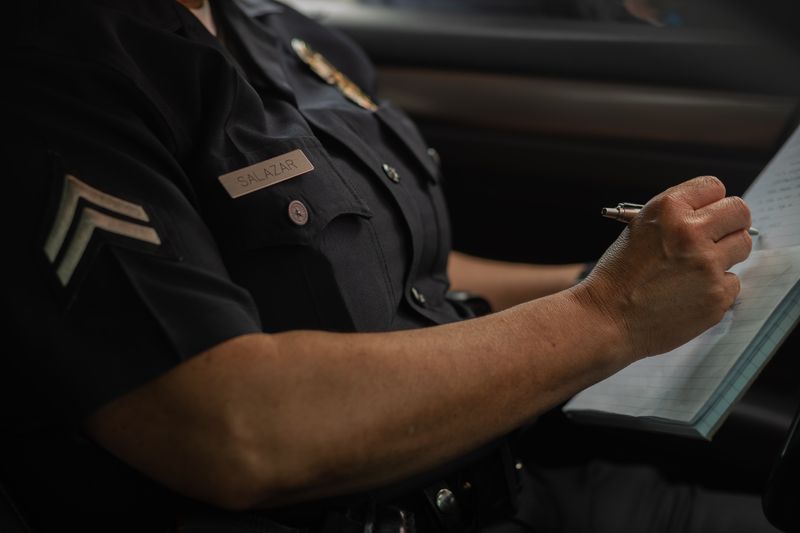Kathleen Folbigg: From Australia’s “Most Hated Woman” to State Pardon
Kathleen Folbigg, who has been labelled a baby killer, a serial killer, and Australia’s “most hated woman,” was recently pardoned and released after being incarcerated for 20 years. She was convicted in 2003 of murdering three of her children and the manslaughter of one child. Her advocates claim that the Australian justice system has inflicted one of its gravest injustices upon her.
The Trial
There was no physical evidence indicating that Folbigg was responsible for the children’s deaths. Instead, the prosecution relied heavily on diary entries that she had written. The prosecution contended that Folbigg struggled as a mother, had a tendency to lose her temper with her children and smothered them.
The 2003 trial was also strongly influenced by Meadow’s Law, which suggested that three or more sudden infant deaths in one family were murder until proven otherwise.
The Finding and Release
Inquiry into Folbigg’s conviction found the evidence confirmed her guilt. However, another inquiry was triggered last year after new scientific findings showed that Folbigg and her two daughters – Laura and Sarah – carried a genetic variation that cast doubt on her convictions. The recent inquiry concluded that there was reasonable doubt as to Ms Folbigg’s guilt.
On Monday, the New South Wales attorney general announced that Folbigg had been pardoned based on summary findings from the inquiry. “We’ve got four little bubbas who are dead. We have a husband and wife who lost each other, a woman who spent 20 years in jail and a family that never had a chance,” he said during the announcement.
An Indictment on the Country’s System
Human rights and criminal law barrister, Felicity Graham, says that Folbigg’s case is an indictment on the country’s system, suggesting that they need to reform their systems for dealing with potential miscarriages of justice. The current safeguards are neither sufficiently robust nor sufficiently responsive to the urgency and the horror of someone being wrongly convicted. It is high time that Australia implements a body that reviews such matters, following the examples of the UK, Scotland, Norway, New Zealand, and Canada.
Philosophical Discussion, Editorial, and Advice
This case raises several philosophical and ethical questions, including the reliability of scientific evidence, the importance of not allowing public outrage to cloud one’s judgment, the burden of proof required for a conviction, and the need to balance the rights of the accused against the interests of society.
This case emphasizes the crucible of the criminal justice system and the necessity for fair and thorough trials, free of bias and prejudice. While the media is not wrong to report on trials, the media should not be allowed to demonize the accused before or during a trial.
Moreover, this case highlights the need for a legal system that bases its decisions on the best scientific evidence available, not speculation. A legal system should thoroughly investigate sudden infant deaths before seeking to blame parents without good reason to do so. It calls for a broader discussion about how we maintain faith in the criminal justice system.
It is evident that Kathleen Folbigg’s case is a tragedy, and her pardon and release provide her with some redemption. Nonetheless, Folbigg has served 20 years of her life in detention and has suffered immense psychological and emotional pain. The Australian justice system needs to investigate such matters thoroughly to ensure that an injustice like Folbigg’s does not occur again. The interests of justice require the state to take the necessary steps to prevent wrongful convictions from happening in the future.

<< photo by Josh Eckstein >>
You might want to read !
- “From Infamy to Redemption: The Story of Australia’s Most Hated Woman and Her State Pardon”
- Kathleen Folbigg’s Pardoning Sparks Debate Over Justice System and Compassion
- Dee Dee Dunleavy’s exit from 3AW is a major blow for Australian radio diversity
- Breaking News: RBA Shocks Markets with Interest Rate Increase Amid Soaring Mortgage Costs




